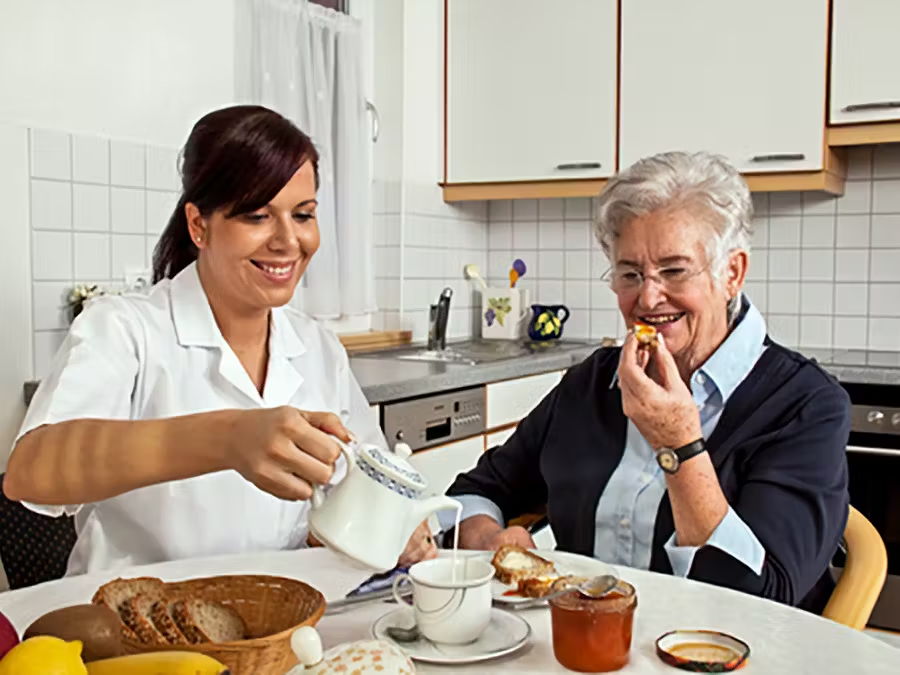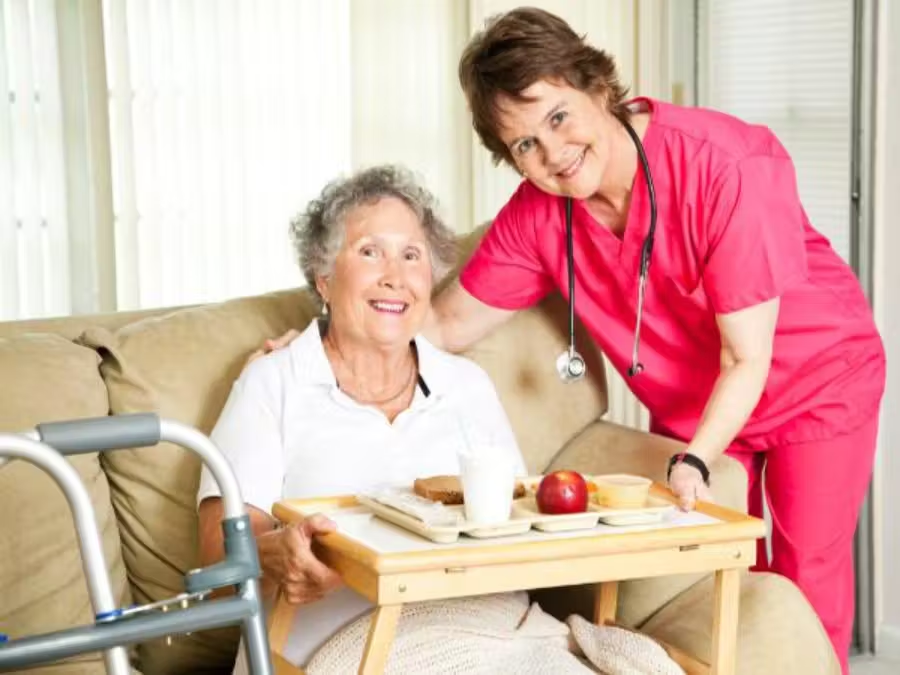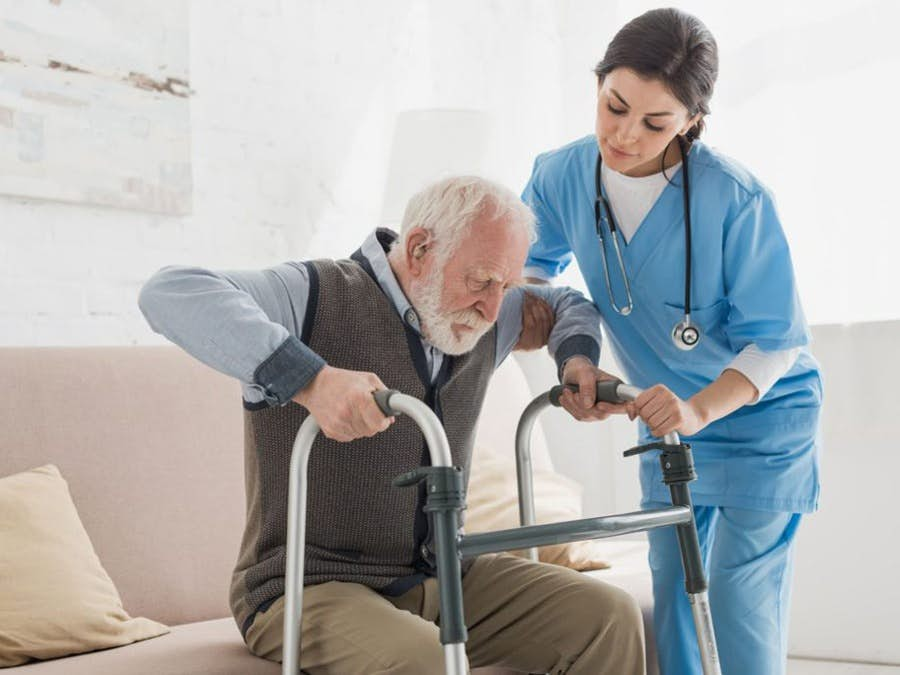TOPICS
- Real Estate (5)
- Education and Tutoring (1)
- For Seniors (10)
- Health + Beauty (2)
- Home Services (1)
- Marketing (2)
- Medical (7)
- Not For Profit - Volunteer (1)
- Shops (2)
- Things To Do (1)
RECENT POSTS

A Moment's Notice Health Care celebrated 50 years in business
Celebrating 50 Years of Care: A Moment's Notice Health Care

Be aware of the risks when Hiring an Independent Contractor or Using a Registry for Home Care
Everyone likes a bargain, but when it comes to home care, selecting the cheapest price for care can result in the most expensive implications.
Oftentimes consumers are unaware of the risks they are exposing themselves to when they hire care through a registry or independent contractor. Unfortunately, sometimes this results in less than positive situations for seniors and their families.
.jpg?fit=crop&w=900&auto=format&q=40)
How Caregiving Makes You Healthier, Stronger and Wiser New research shows that being a caregiver has benefits
How Caregiving Makes You Healthier, Stronger and Wiser
New research shows that being a caregiver has benefits
A Moment's Notice Health Care has quite a number of caregivers who could be retired at this point in their live. Yet they choose to continue to provide care for those who choose to age in place in there own homes.

What is Home Care?
Home care encompasses a wide range of health and social services. These services are delivered at home to recovering, disabled, chronically, or terminally ill persons in need of medical, nursing, social, or therapeutic treatment and/or assistance with the essential activities of daily living.

Assisted Living Homes VS. Home Care: How To Decide
Can you receive proper care in your home or would it be best to move into an assisted living home that can meet your long-term care needs?
.jpg?fit=crop&w=900&auto=format&q=40)

